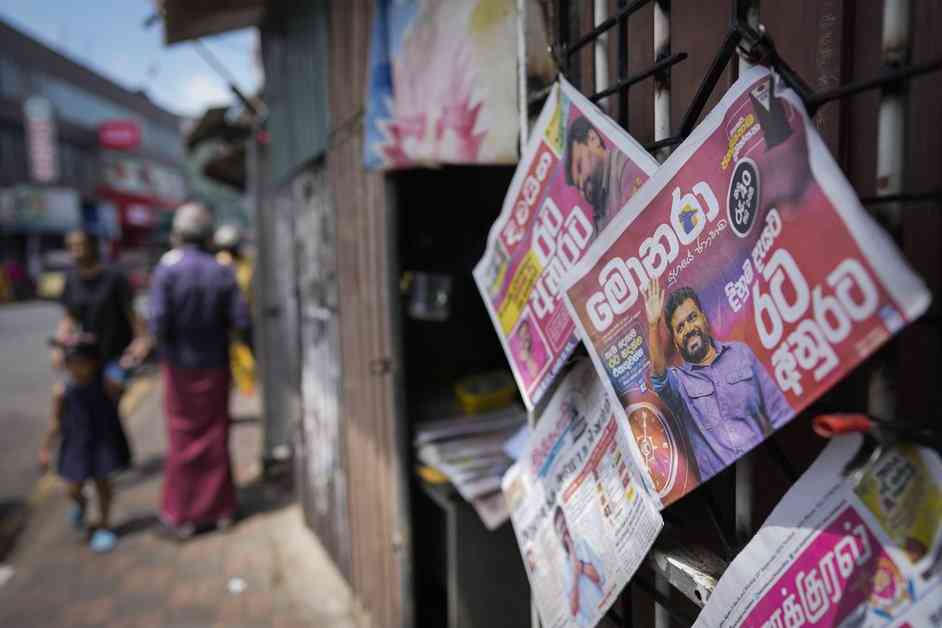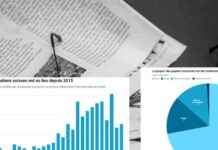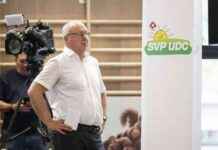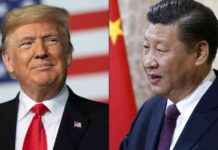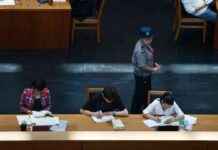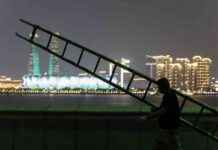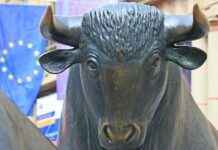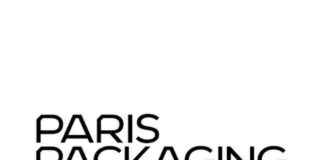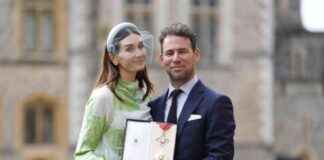Challenges and Opportunities for Sri Lanka’s New President
Sri Lanka made a bold move by electing Anura Kumara Dissanayake (AKD) as its new president, a political outsider with limited government experience. However, this lack of experience turned out to be one of his greatest strengths. As an outsider, AKD is not tainted by the perceived corruption within the political system, which had eroded public trust over the years. His promise to hold the corrupt accountable resonated deeply with the economically struggling population.
The road ahead for the new president is filled with obstacles. Implementing his ambitious anti-corruption agenda will test the limits of presidential power, especially in a political environment resistant to change. Achieving other goals, such as reducing income inequality, promoting local industries, and redirecting resources to public services like healthcare and education, will require a delicate balancing act to avoid alienating foreign investors or jeopardizing fiscal stability. Despite coming from a leftist background, Dissanayake must also confront economic realities. Unpopular but necessary reforms, such as restructuring state-owned enterprises—a sector where the Friedrich Naumann Foundation (FNF) has been actively involved in recent years—are crucial to keeping Sri Lanka on a path to recovery.
Upcoming Parliamentary Elections and Their Impact
The challenges ahead are further compounded by the impending parliamentary dynamics. Legislative elections are scheduled for December or January, and the composition of the new parliament will be crucial. Without a supportive majority, AKD may find his reform efforts thwarted by legislative gridlock. While the influence of the president’s party, the Janatha Vimukthi Peramuna (JVP), has grown, translating presidential momentum into parliamentary seats is no easy task. As a president who received less than 50% of the votes for the first time in history, he must strive to increase public approval in the next 100 days.
Constraints on Action and Navigating Fiscal Realities
AKD’s agenda will immediately face fiscal constraints. Sri Lanka remains under the watchful eye of international creditors, and any deviation from agreed-upon economic policies could have serious consequences. The president must carefully navigate these limitations and find innovative ways to finance social programs and anti-corruption initiatives without increasing state debt.
One potential solution is improving the efficiency of government institutions and introducing a social market economy. The Friedrich Naumann Foundation for Freedom has been advocating for both goals in recent years, with various parties incorporating solution models into their political demands.
Additionally, conflicts of interest within political and bureaucratic systems pose significant barriers. Corruption is deeply ingrained in Sri Lanka’s governance structure, and dismantling these networks is likely to provoke resistance from various quarters, including unions that have supported AKD in the past.
AKD’s victory effectively ends the neoliberal course that characterized Wickremesinghe’s tenure. The former president led Sri Lanka out of its economic slump, implemented much-needed austerity measures, and secured international loans to prevent a complete financial collapse.
The coming months will be crucial in determining whether AKD can implement his ambitious reforms. His ability to meet public expectations while maintaining economic stability will define the success of his presidency. If he can curb corruption, reduce social inequalities, and further stabilize the economy, Sri Lanka may embark on a new path towards long-term prosperity and good governance. It is hoped that under his leadership, Sri Lanka will find stability.
Wolfgang Heinze is the head of the Friedrich Naumann Foundation for Freedom offices in Sri Lanka in Colombo.
